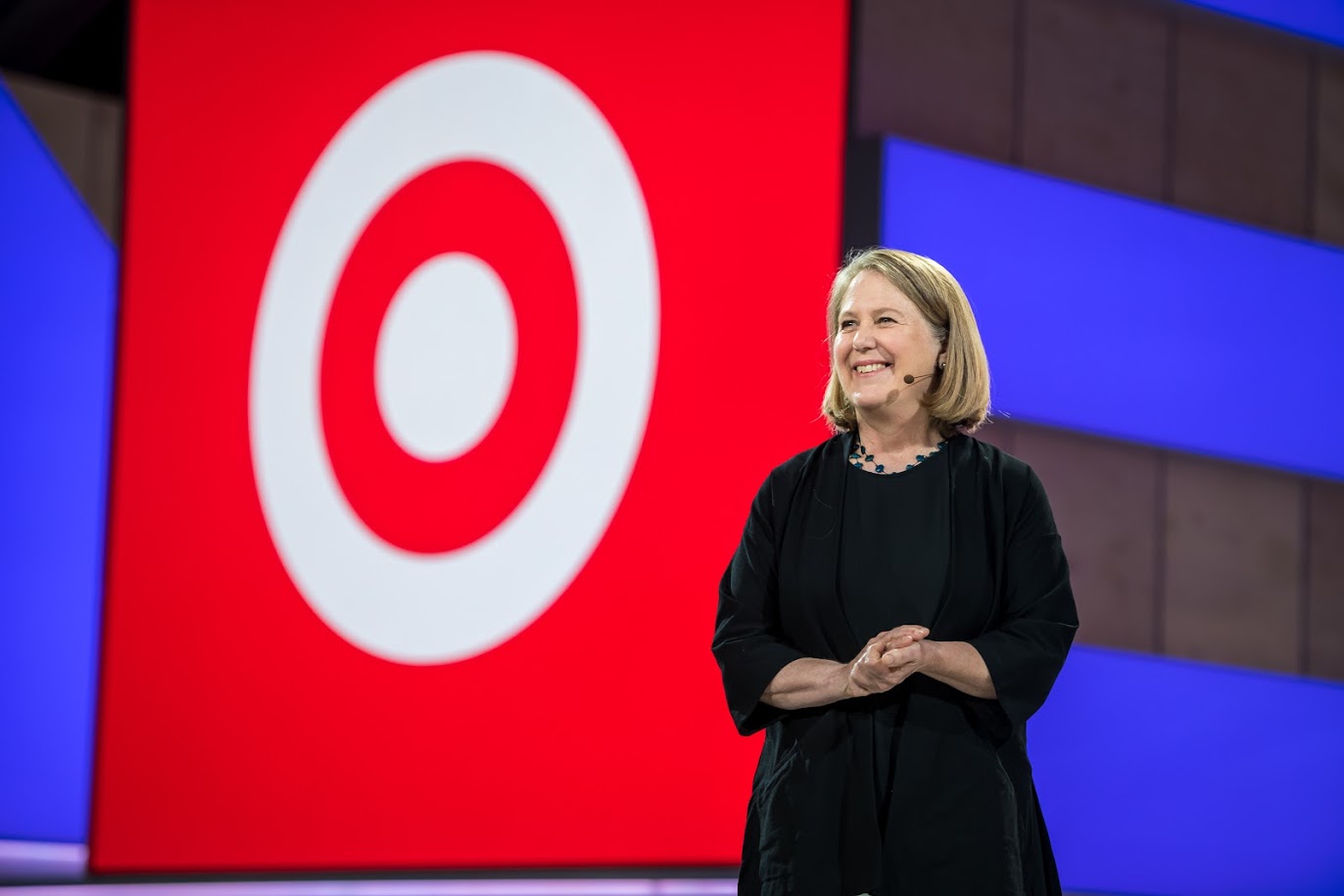Google Cloud CEO: We defied analyst predictions on enterprise readiness
But the cloud giant still has a problem communicating with CIOs

The CEO of Google Cloud has claimed the company has managed to defy analyst expectations by becoming enterprise-ready within two years, instead of the predicted 10.
Speaking at its annual Next conference in San Francisco this week, company chief Diane Greene said her organisation had worked hard to reform its approach after receiving fierce criticism from the industry just over two years ago.
"We've been doing what the regulators and industry analysts are telling us to do," said Greene. "In fact, two years ago at Next, I had a meeting with industry analysts and they were giving me a lot of hard feedback - that we were not enterprise-ready and, judging from other companies they'd seen trying to get enterprise-ready, it might take ten years.
"So we buckled down and we took the challenge, and two years of very hard work later on those table stakes, we are set to be named leader in three of Gartner's Magic Quadrants."
Gartner's Magic Quadrants, an annual series that uses qualitative data to predict market trends, has placed Google inside the 'leader' category for its cloud infrastructure-as-a-service, full lifecycle API management and content collaboration categories.
Ed Anderson, research VP & distinguished analyst at Gartner, told IT Pro that Google Cloud is proving to have a record for successful delivery and now boasts a growing list of die-hard enterprise fans.
"Google is definitely making progress in terms of the technical capabilities of its cloud offerings," said Anderson, "[and] is also showing progress with notable customer wins and partner interest."
Sign up today and you will receive a free copy of our Future Focus 2025 report - the leading guidance on AI, cybersecurity and other IT challenges as per 700+ senior executives
He added: "Google's position in the few Magic Quadrants Diane referenced are examples of how Gartner views the offerings in the context of specific market categories. A leadership position in the quadrant indicates a record of successful delivery, significant market share and many referenceable customers."
However, with Google Cloud Platform (GCP) considered to be behind rivals Amazon Web Services (AWS) and Microsoft Azure, he warned against complacency.
"Google is still growing and maturing as an enterprise cloud provider. I give them credit for the progress they've made, also noting that they still have work to do to realise a sustainable competitive position."
Growth in Google's Cloud business shows so sign of slowing down, however, as it seeks to expand into new areas and strike deals with high profile customers. At Next 2018, off the back of what Greene called Google's vertical strategy of "combining customer-facing domain expertise with engineering expertise", it was announced that US retail giant Target has moved its entire infrastructure over to Google Cloud.
Yet, other analysts also remain sheepish about Google's progress. Nicholas McQuire, VP enterprise research at CCS, told IT Pro that the company has traditionally communicated poorly with wider industry.
"Cloud Next is Google's crucial event to demonstrate momentum in its enterprise business as the cloud wars deepen in 2018," said McQuire.
"Whilst the firm has struggled at times to drive awareness of the range of its innovations, the array of announcements and the attention they gather are large opportunities to reach buyers and most importantly, steal some much-needed limelight from rivals Microsoft and AWS.
"Most customers continue to ask why Google is better than Azure or AWS?," he added. "But the focus of its announcements reveal areas where it has been gaining momentum: open source, engineering and its data and machine learning tools.
"In our view, its biggest challenge remains a lack of awareness of these win areas with CIOs, which [Google] hopes Next will address."
Image courtesy of Google
Dale Walker is a contributor specializing in cybersecurity, data protection, and IT regulations. He was the former managing editor at ITPro, as well as its sibling sites CloudPro and ChannelPro. He spent a number of years reporting for ITPro from numerous domestic and international events, including IBM, Red Hat, Google, and has been a regular reporter for Microsoft's various yearly showcases, including Ignite.
-
 Coursera and Udemy eye AI training dominance in $2.5bn merger
Coursera and Udemy eye AI training dominance in $2.5bn mergerNews The deal between Coursera and Udemy will create a $2.5bn company to help workers learn AI – and retrain for jobs replaced by it
-
 What tomorrow’s tech leaders can learn from today’s
What tomorrow’s tech leaders can learn from today’sFeature There are many combinations of skills and attitudes that an effective leader can possess to thrive in the technology industry, but one thing they all share is the ability to learn from others...